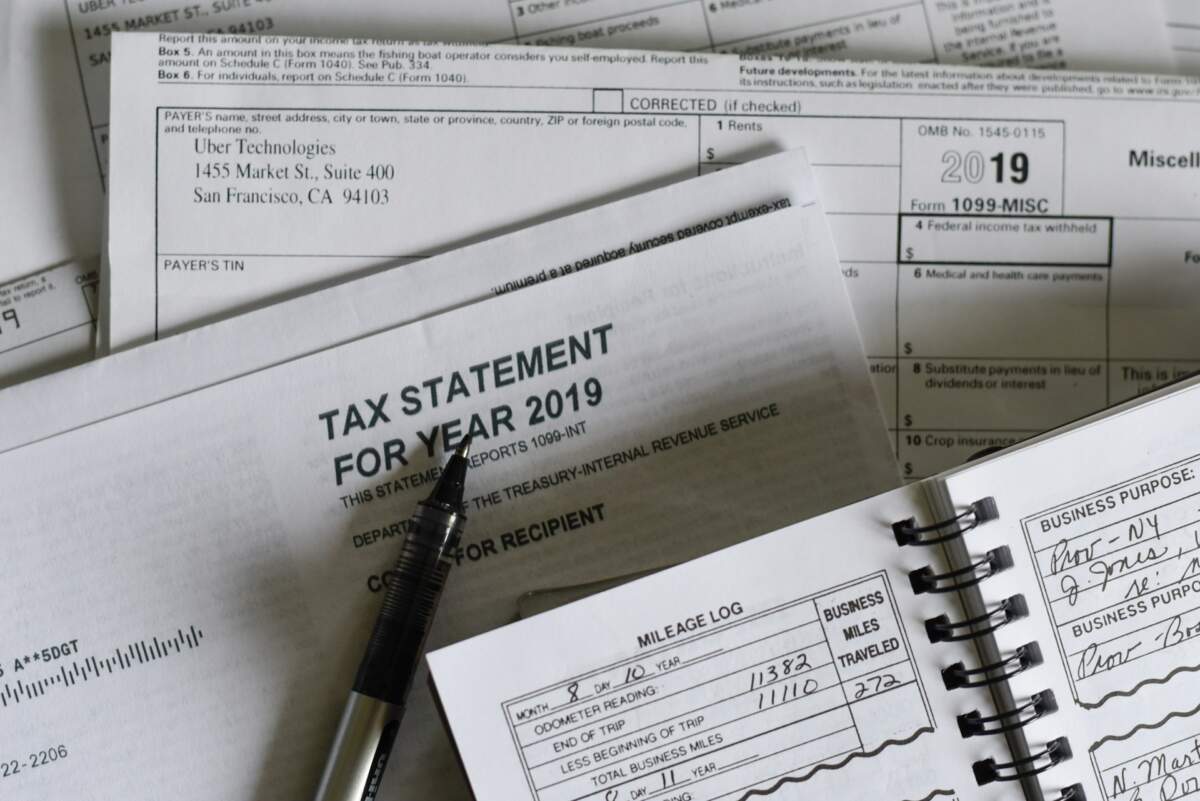Managing your wealth doesn’t have to feel overwhelming. By employing tax-efficient strategies, you can significantly grow and protect your finances while working toward your long-term financial goals.
Whether you’re saving for your future or focusing on child education planning, making strategic financial decisions today can result in greater returns tomorrow.
This post will guide you through six actionable and effective strategies for building wealth while optimizing your tax position.
From harnessing efficient investment tools to understanding specific tax laws, you’ll learn how to make your money work smarter for you.
Maximize Tax-Advantaged Accounts
Tax-advantaged accounts, such as 401(k)s, IRAs, or Health Savings Accounts (HSAs), offer a simple and effective way to grow your wealth while minimizing taxes.
These accounts allow your investments to grow tax-deferred or tax-free, depending on the type of account you choose.
How It Works
- 401(k) Plans: Contributions to employer-sponsored retirement accounts are often pre-tax, reducing your taxable income now while deferring taxes until you withdraw during retirement.
- Roth IRA: While contributions are taxed upfront, withdrawals during retirement are tax-free—a huge benefit if you anticipate being in a higher tax bracket in the future.
- HSAs: Contributions, growth, and withdrawals (used for healthcare expenses) are all tax-free. These often-overlooked accounts can be valuable wealth-building tools.
Leveraging these accounts strategically ensures you’re capitalizing on opportunities for long-term wealth accumulation.
Diversify Investments for Tax Optimization
Tax planning is an essential component of any successful investment strategy. Understanding how different investments are taxed can help you structure your portfolio for the highest efficiency.
Key Practices to Consider
- Use Tax-Efficient Funds: Look for index funds and ETFs (exchange-traded funds), which are known for producing fewer taxable events compared to actively managed funds.
- Hold Investments Long-Term: Assets held longer than a year qualify for lower capital gains tax rates, compared to short-term investments which are taxed as regular income.
- Consider Asset Location: Holding tax-inefficient investments (like REITs or bonds) in tax-advantaged accounts can increase portfolio returns in the long run.
By tailoring your portfolio to minimize taxes, you not only keep more of what you earn but also increase compounding potential over decades.
Take Advantage of Tax Deductions and Credits
Knowing which deductions and credits you qualify for can make a significant difference on your tax return. Many areas, such as education or homeownership, come with government-provided tax benefits.
Top Tax Breaks to Utilize
- Retirement Contributions: Max out IRA or 401(k) contributions to reduce taxable income.
- Education Credits: Families investing in college education should explore credits like the American Opportunity Tax Credit (AOTC) to save thousands annually.
- Charitable Donations: Donations to qualified organizations are tax-deductible when itemized.
Focusing on these deductions not only lowers your tax bill but also ensures every financial decision adds value to your overall wealth management strategy.
Plan for Your Children’s Education Costs
If you’re thinking about child education planning, starting early can have a profound impact. Rising college tuition costs make it essential to prepare ahead while also ensuring your savings vehicles are as tax-efficient as possible.
Smart Savings Solutions
- 529 Plans: Contributions to these accounts grow tax-free when used for qualified education expenses. Some states even offer income tax credits or deductions for 529 contributions.
- Custodial Accounts: Uniform Gifts to Minors Act (UGMA) and Uniform Transfers to Minors Act (UTMA) accounts allow you to invest in a child’s name for future use. While fewer tax advantages exist, they provide more flexibility than 529 plans.
- Coverdell ESAs: These accounts offer additional tax benefits, with earnings and distributions that remain tax-free for educational expenses.
Start preparing for your child’s future now by selecting the right educational investment tools.
Use Income Splitting and Gifting Strategies
Income splitting and gifting are two advanced strategies often overlooked by those new to wealth-building. These tools enable high-income families to shift income or assets to lower-income family members, reducing overall tax burdens.
Effective Techniques
- Hire Family Members: If you run a business, consider hiring your children for appropriate tasks. Their income will likely fall into lower tax brackets.
- Gifting Limits: You can give up to $17,000 per individual annually (as of 2023) without incurring gift tax. This is a strategic way to transfer wealth over time.
- Family Trusts: Establishing a family trust enables tax-efficient long-term wealth transfer, particularly for high-net-worth families.
Implementing these strategies can save significant taxes within your family structure while helping to preserve intergenerational wealth.
Regularly Revisit Your Tax and Investment Strategies
Financial regulations and personal circumstances are dynamic. Regularly revisiting your tax planning and investment strategies ensures they remain aligned with your goals and regulatory changes.
Recommended Steps
- Annual Reviews: Meet with your financial advisor to ensure your current strategies maximize your opportunities.
- Portfolio Rebalancing: Update your investments based on performance to keep your portfolio diversified and tax-efficient.
- Stay Current on Tax Law Updates: New laws often bring fresh opportunities (or risks) that could impact strategies like contribution limits or capital gains rules.
Being proactive about updates allows you to make smarter, faster decisions that align with your goals, ensuring continued financial growth.
Get Started Today with Smarter Financial Planning
Investing time in tax-efficient strategies today can set you up for financial freedom tomorrow. From exploring investment opportunities to planning for your child’s education or retirement savings, every effort contributes to a sustainable financial future.
Looking for help optimizing your wealth management strategy? Connect with a trusted financial advisor or explore dedicated tax-optimized solutions. Remember, the best financial decisions start with proactive planning and consistent execution.










